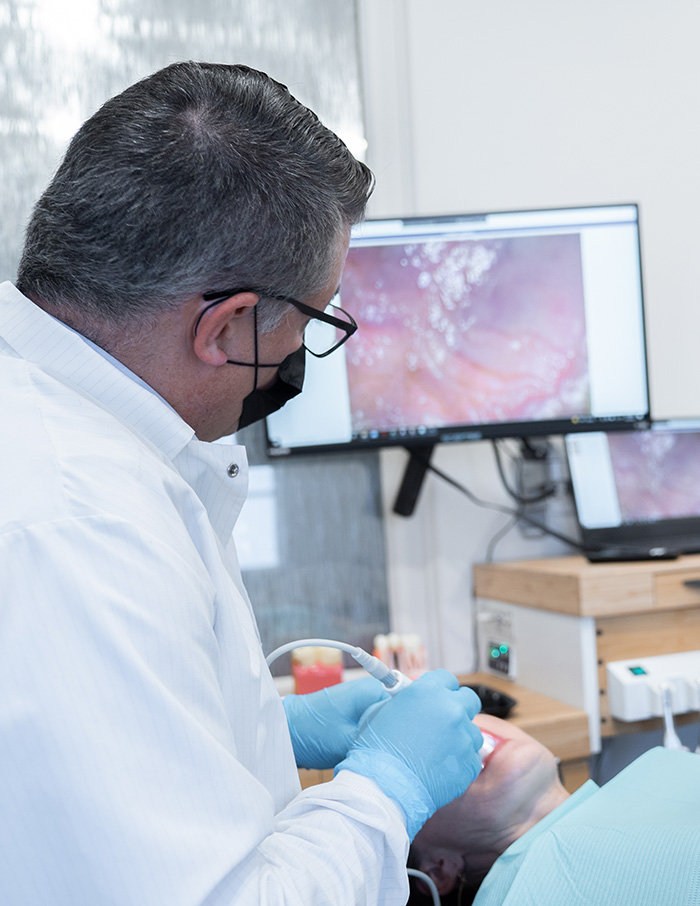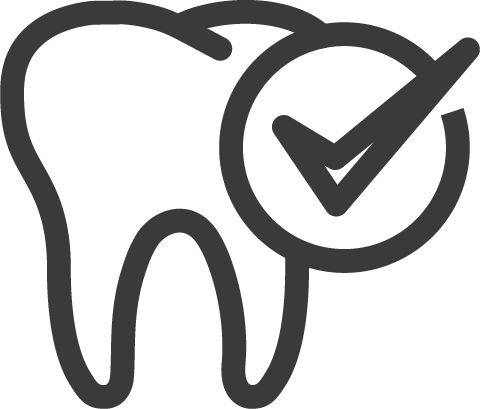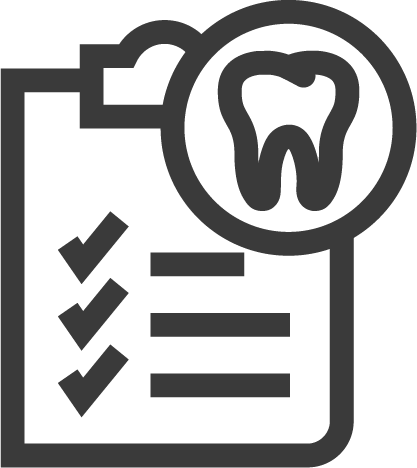Extractions
Tooth extractions, also known as dental extractions, refer to the surgical procedure of removing a tooth from its socket in the jawbone. This intervention is typically performed by a skilled dentist or oral surgeon under local anesthesia to minimize discomfort and ensure patient safety. The need for tooth extractions may arise due to various reasons such as severe decay, overcrowding, infection, trauma, or periodontal disease that has damaged the tooth beyond repair. During the extraction process, specialized instruments are used to gently loosen the targeted tooth from its attachment within the gum tissue and bone structure. Once successfully removed, appropriate measures are taken to manage bleeding and promote healing in order to restore oral health effectively.
Bone Grafting
A bone graft is a surgical procedure that involves the transplantation of healthy bone tissue from one part of the body or, in some cases, from a donor to another area where there is insufficient bone growth or density. This technique plays a crucial role in orthopedic and dental surgeries by providing the necessary support for bones to regenerate effectively. The process typically involves extracting either autografts - harvested from the patient's own body - or allografts obtained with meticulous precision. These grafts serve as scaffolds for new bone cells to grow and replace them completely. Advancements in medical science have introduced synthetic materials known as alloplasts that can also be used alongside natural bone tissue during grafting procedures.
Sinus lift
A sinus lift is an intricate dental procedure designed to enhance the structure and condition of the upper jawbone for successful dental implant placement. This meticulous surgical technique is primarily employed when there is insufficient bone in the posterior maxillary region due to factors like tooth loss or natural bone deterioration. The procedure involves precisely lifting the sinus membrane and adding bone graft material beneath it, thus increasing the height and density of the available bone in order to anchor dental implants securely. Typically performed by highly skilled oral surgeons or periodontists, this procedure necessitates comprehensive pre-operative planning through advanced imaging techniques like computed tomography (CT) scans to accurately determine the dimensions and health of both sinuses involved.
Alveoloplasty
Alveoloplasty is a surgical procedure designed to reshape or contour the alveolar ridge. The alveolar ridge constitutes the bony arch that houses the teeth within our jaws. When tooth extraction occurs, or natural bone loss takes place over time, irregularities can develop on this ridge's surface. Such irregularities may impede dental prosthetics' proper fitting, compromise aesthetics, or hinder optimal oral function. Therefore, alveoloplasty serves as a tool for correcting these discrepancies by sculpting the ridge using specialized techniques. This meticulous process involves smoothing rough surfaces and eliminating sharp edges while ensuring a harmonious blend between hard and soft tissues surrounding the area of interest. Consequently, patients undergoing alveoloplasty can experience improved dental health outcomes alongside enhanced aesthetic results
Tori Removal
Tori removal is a dental procedure that effectively addresses the excessive growth of bone in the mouth, known as tori. These bony protuberances can develop on the palate or along the lower jawline, causing discomfort and potential oral health risks. Skilled oral surgeons employ advanced techniques to delicately remove tori while minimizing disruption to surrounding structures such as teeth and nerves. Prior to the intervention, comprehensive diagnostic evaluations are conducted to assess the extent of tori growth and devise an effective removal strategy. The surgical process involves making precise incisions in the gum tissue to access the underlying bone where tori exists. Utilizing refined instruments, surgeons meticulously trim away excess bone until they achieve a smooth surface.
Wisdom teeth extractions
Wisdom teeth extractions, also known as third molar extractions, are dental procedures performed to remove the final set of molars at the back of one's mouth. These teeth typically erupt during early adulthood or late adolescence and can cause a range of issues if left untreated. Wisdom teeth extraction is this surgical intervention aimed at resolving potential complications arising from wisdom tooth eruption. As these molars often lack adequate space to grow properly, they may become impacted or partially erupted, leading to pain, infection, gum disease, and damage to surrounding teeth. Wisdom tooth extraction is carried out under local anesthesia or sedation by skilled oral surgeons who assess each patient's unique situation before formulating a tailored treatment plan.
Impacted wisdom teeth extractions
Impacted wisdom teeth extractions refer to the surgical removal of third molars that have not fully erupted or grown in a proper position. This dental condition, commonly known as impacted wisdom teeth, occurs when there is insufficient space for these last sets of molars to emerge naturally. Dentists often recommend extracting impacted wisdom teeth to prevent potential complications such as pain, infection, gum disease, tooth decay, and even cyst formation. This procedure involves a thorough assessment to determine the extent of impaction before devising an appropriate treatment plan. By removing these molars through extraction techniques performed under local anesthesia or sedation if needed, dental practitioners can alleviate discomfort and mitigate future oral health risks associated with impacted wisdom teeth.








